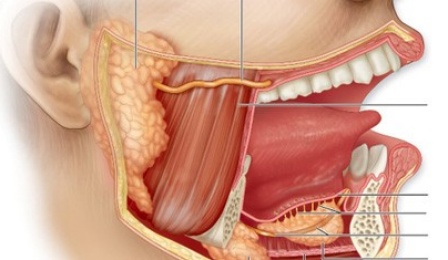Saliva and Salivary Glands

Saliva, produced and secreted by salivary glands, is vitally important for the normal function of healthy human beings. We are investigating function of saliva in health and disease by studying the structure/function relationships of salivary molecules, with a particular emphasis on the antimicrobial proteins/peptides and their mechanism of action (please see also Immunology and Innate Defenses).
The objective of this research is to develop and use these bioactive molecules as novel therapeutic agents (particularly for conventional-drug-resistant fungal infections in immunocompromised individuals, e.g., AIDS and organ transplant patients).
Research dealing with the regulation of salivary gland-specific gene expression (particularly salivary mucins), using in vivo approaches (transgenic mice) and in vitro approaches (primary cells and cell lines), is also conducted.
Saliva as a diagnostic fluid for oral and systemic diseases and its role in dental pellicle, dental plaque, and dental caries is also investigated. Regarding the role of salivary proteins in dental biofilm ("plaque") formation, we are focusing on salivary amylase, the most abundant enzyme in saliva, which binds to several species of amylase-binding streptococci, numerous in plaque. Both in vitro and in vivo models are being utilized and may lead to possible strategies to interrupt plaque formation.
Department of Oral Biology
629 BRB
Buffalo, NY 14214
Phone: 716-829-2844
Fax: 716-829-3942
Department Chair
Stefan Ruhl, DDS, PhD
shruhl@buffalo.edu
Senior Program Coordinator
Imon Candelaria, PhD
imongosw@buffalo.edu